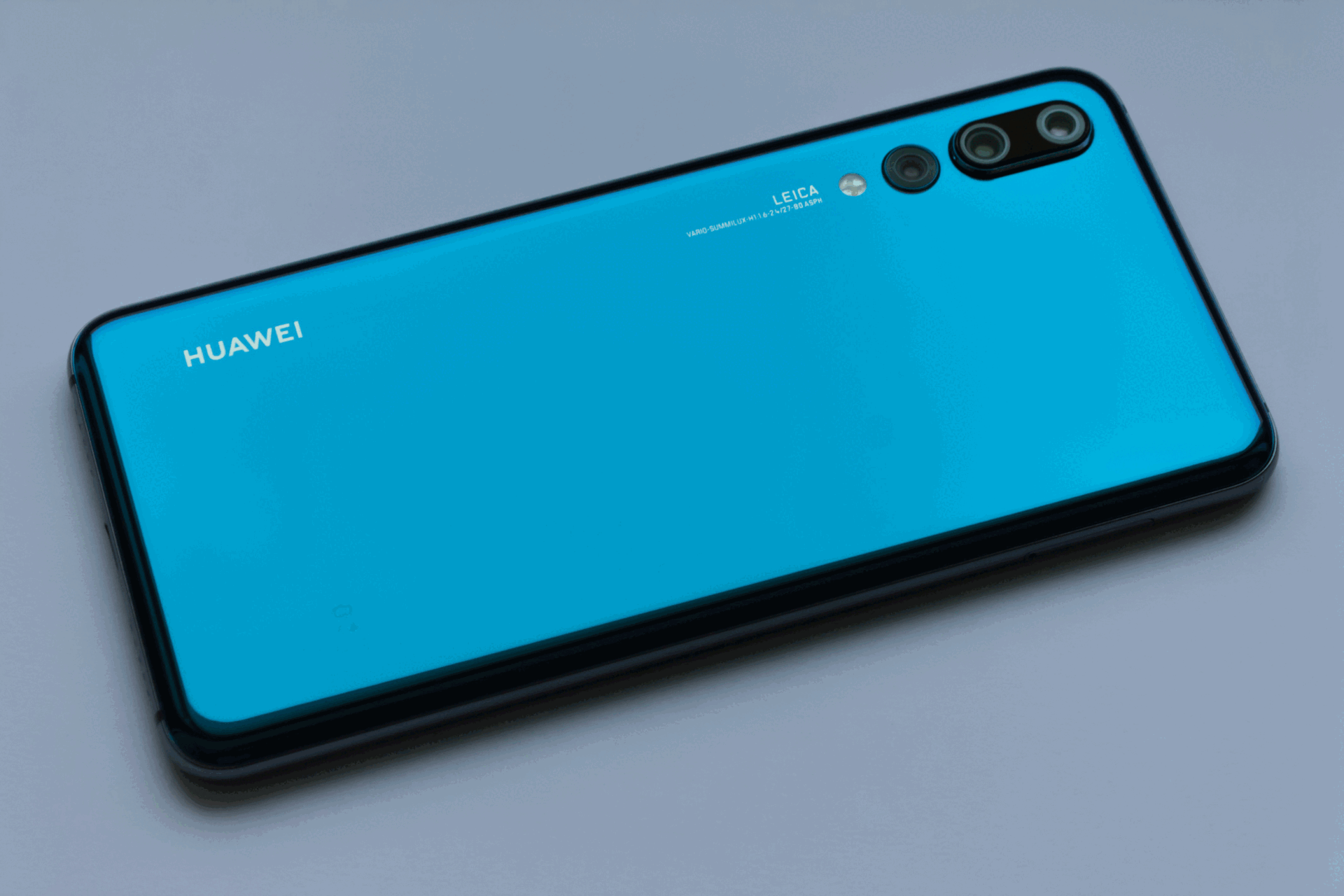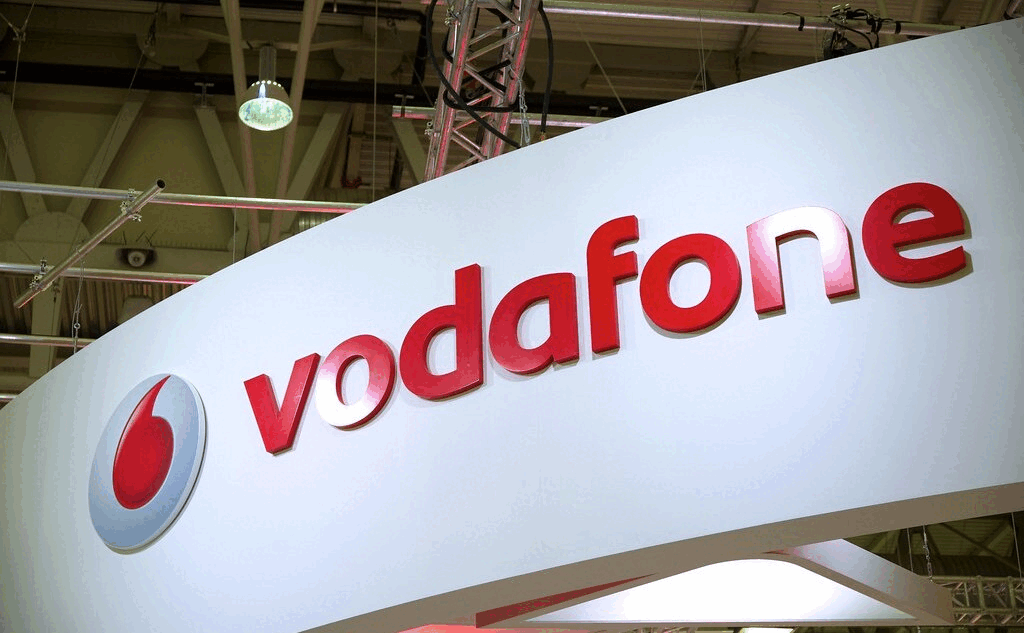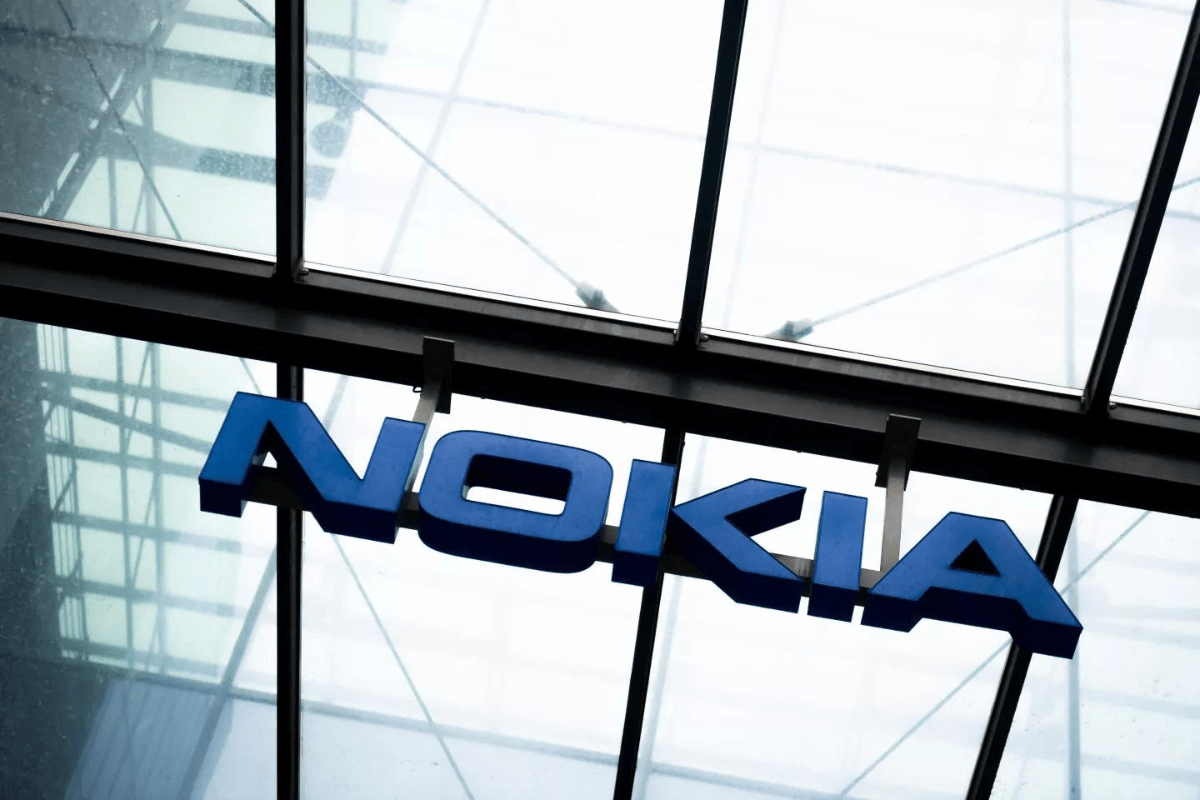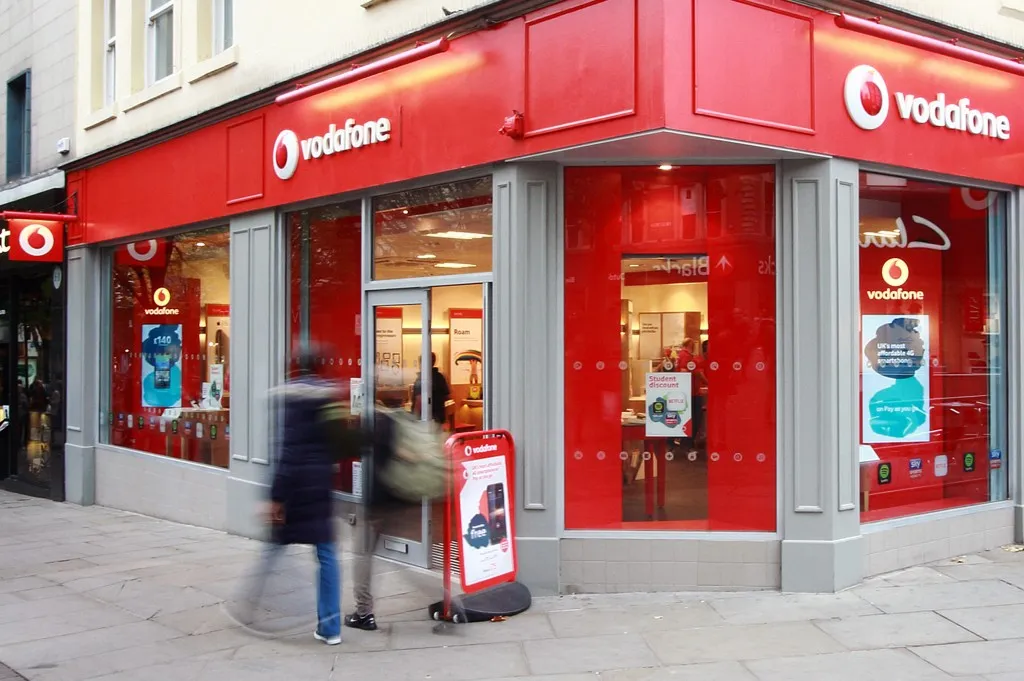Banks Risk Disintermediation Over Mobile Wallets, Forrester Warns
- Friday, April 15th, 2016
- Share this article:
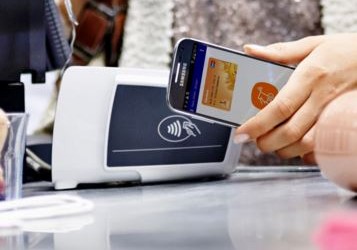 The rising use of and interest in digital wallets should be causing the banks serious cause for concern, according to the latest research on the state of digital wallets from Forrester.
The rising use of and interest in digital wallets should be causing the banks serious cause for concern, according to the latest research on the state of digital wallets from Forrester.
21 per cent of consumers in the US, and 17 per cent of consumers in Europe, would be interested in, or already use, mobile wallets, while three wallets – PayPal, WeChat, and Alipay – already have tens of millions of users, the report notes.
Delivering contextually relevant services to customers fingertips, digital wallets will change how customers shop. However, digital wallets are, first and foremost, engagement platforms, relegating payments in the value chain. Banks run the risk of disintermediation and should not simply cede the customer relationship to mobile wallet providers, the report says.
“Banks are already losing insight into their customers as spending migrates to platforms like Amazon, eBay, and iTunes,” notes Forrester analyst Jacob Morgan in the report. “If customers adopt digital wallets offered by a third party, banks, credit card issuers, and other payment firms risk becoming less relevant to their customers and losing their existing insight into and influence over customers spending decisions.”
“Digital wallets will be less about payments, but more about customer engagement,” adds Forrester analyst and co-author, Thomas Husson. “Consumers are not after new payment features, but rather after a better shopping experience. This is where we see a lot of new entrants challenging the established financial institutions”
According to the report, European consumer interest in digital wallets is growing, albeit at a slower rate than expected. Driving customer interest in and adoption of digital wallets will be a steep uphill climb in developed markets, which explains why many early digital wallets, including Lifelocks Lemon, Squares Wallet, Telefonicas O2 Wallet, the Weve joint venture in the UK, and the Softcard joint venture in the US have already scaled back or closed down completely.
The report also found that many customers trust alternative providers. When asked whom they trust to provide a mobile digital wallet, 35 per cent of European consumers named PayPal, with banks/credit card issuers in second place at 32 per cent; followed by payment card networks at 28 per cent, Amazon at 23 per cent, Microsoft at 17 per cent, mobile operators at 13 per cent, and Google and Apple both at 11 per cent.
How quickly todays digital wallets become a serious threat and which wallets are most successful depends on how established firms respond and how well each digital wallet operator tackles the various challenges outlined in the report, related to simplicity, ability to address unmet needs, new value creation, business model, and survivability.
You can read more about the report in this blog post by report co-author Jacob Morgan.





